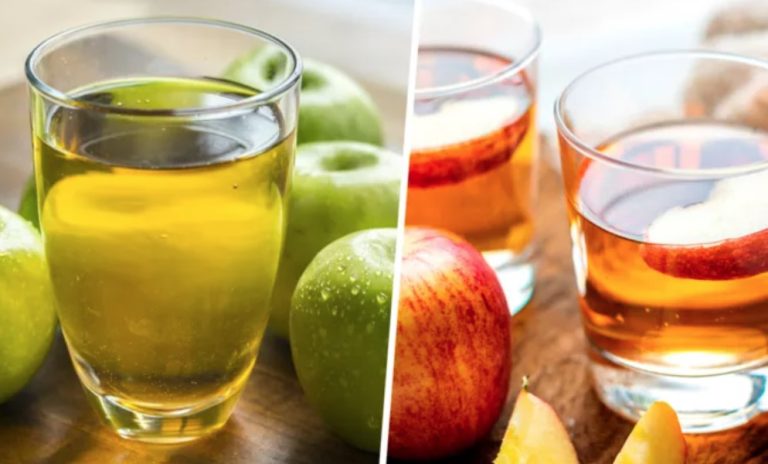What is juice fasting?

Juice fasting is a particularly gentle type of fasting in which the body is fed 5 to 7 large glasses of juice and at least 2 to 3 liters of still water and, if necessary, some tea every day.
In contrast to therapeutic fasting, where you have to do without any food, the body continues to be supplied with valuable vitamins, minerals and enzymes during the juice cleanse. Another plus point: With the right choice of juice, Lent can be enjoyed to the full.
How does juice fasting work?
The juice fast consists of a predetermined program. This extends over several days, for example as a 7-day program.
Regardless of the duration, a juice fasting regimen always follows the same pattern: It begins with a day of relief and preparation, followed by the actual fasting days and then the build-up days or the breaking of the fast. This sequence enables the body to optimally detoxify and get used to the dietary changes.
The best juices when fasting
Vegetable juices are mainly suitable for juice fasting, as they contain significantly less fructose than fruit juices, for example, and therefore do not cause the blood sugar level to rise too much. A fruit juice is also allowed every now and then.
In addition, the vegetable juices can be refined with fresh herbs, ginger, turmeric or some fruit. Coffee and alcohol are taboo during the fasting cure.
Which juices are best for juice fasting?
When choosing the juices, one thing is particularly important: your personal taste.
It is advisable to pay attention to a balanced mixture. Almost all fruit and vegetable juices are allowed, from celery, carrot, beetroot, tomato and sauerkraut juice to classic orange or grape juice. Even more unusual juices such as blackberry, raspberry or blueberry juice can contribute to an enjoyable fasting period.
How does juice fasting work?
Juice fasting ensures that the body is literally flushed through: overaged cells are removed and cell renewal is activated. The excretory organs transport the resulting metabolic products out of the body. These include skin and mucous membranes, liver, kidneys, intestines and lungs.
The high-quality juices, mainly from vegetables, provide the body with vitamins, minerals, enzymes and carbohydrates with only a few calories.
What are the risks of juice fasting?

Especially for short periods of time, around 7 to 14 days, juice fasting is harmless for healthy people in most cases. During this period, there are usually no deficiency symptoms or side effects.
During the first few days, you may occasionally experience headaches or tiredness or an increased sensation of cold. Hot tea helps with the latter. Heated vegetable juices prepared as a soup provide additional heat.
Who is juice fasting for?
In principle, every healthy, vital person can fast independently.
However, if you are unsure or have certain pre-existing conditions, you should refrain from juice fasting or at least seek medical advice beforehand. These include: heart disease, eating disorders, diabetes, poor circulation, high blood pressure, nutrient deficiencies and being underweight. Fasting is also generally not suitable for pregnant women, breastfeeding mothers, children and young people.
Order fasting box

A balanced and colorful mixture of different juices is the ideal basis for a juice cleanse: Not only can this cover many nutrients – it also doesn’t get boring in terms of taste!

